Centers and Programs
Vermont Law and Graduate School is home to law centers and programs that provide students with the strong, well-rounded experience and skills needed for law degrees. Our centers and programs include the Environmental Law Center (ELC), the Center for Agriculture and Food Systems (CAFS), the Dispute Resolution Program, and many others.

Centers and Programs at VLGS
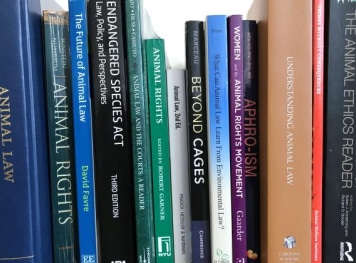
Animal Law and Policy Institute

Center for Agriculture and Food Systems
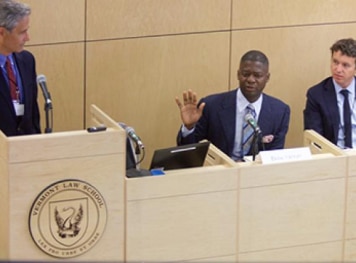
Center for Justice Reform

Center for Legal Innovation

Environmental Law Center
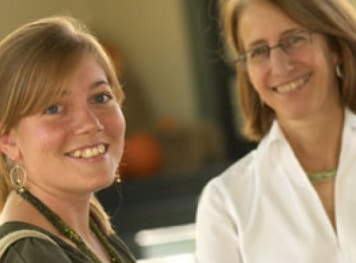
Environmental Tax Policy Institute
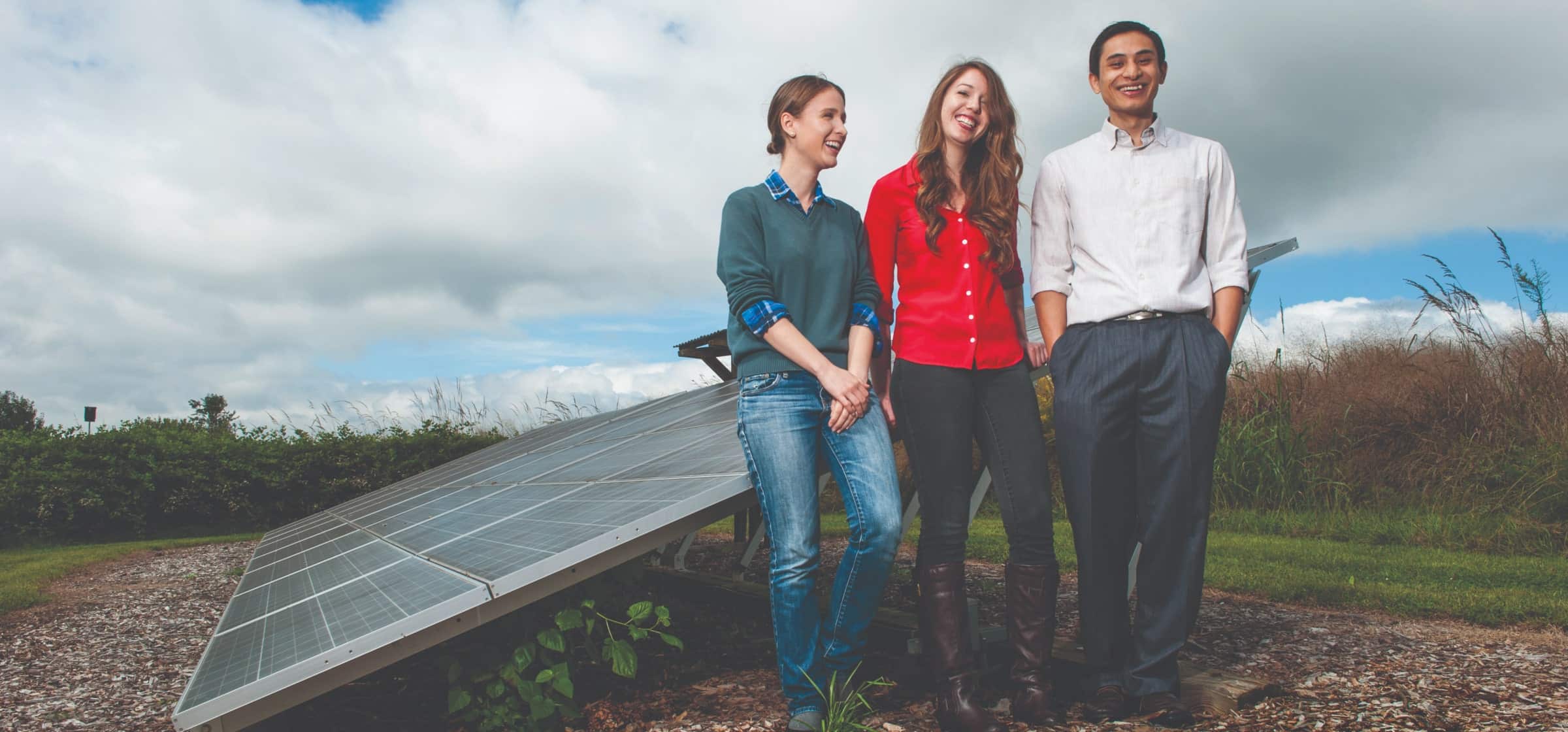
Institute for Energy and the Environment
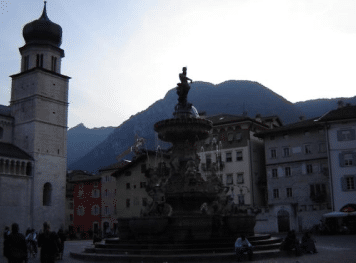
International and Comparative Law Program
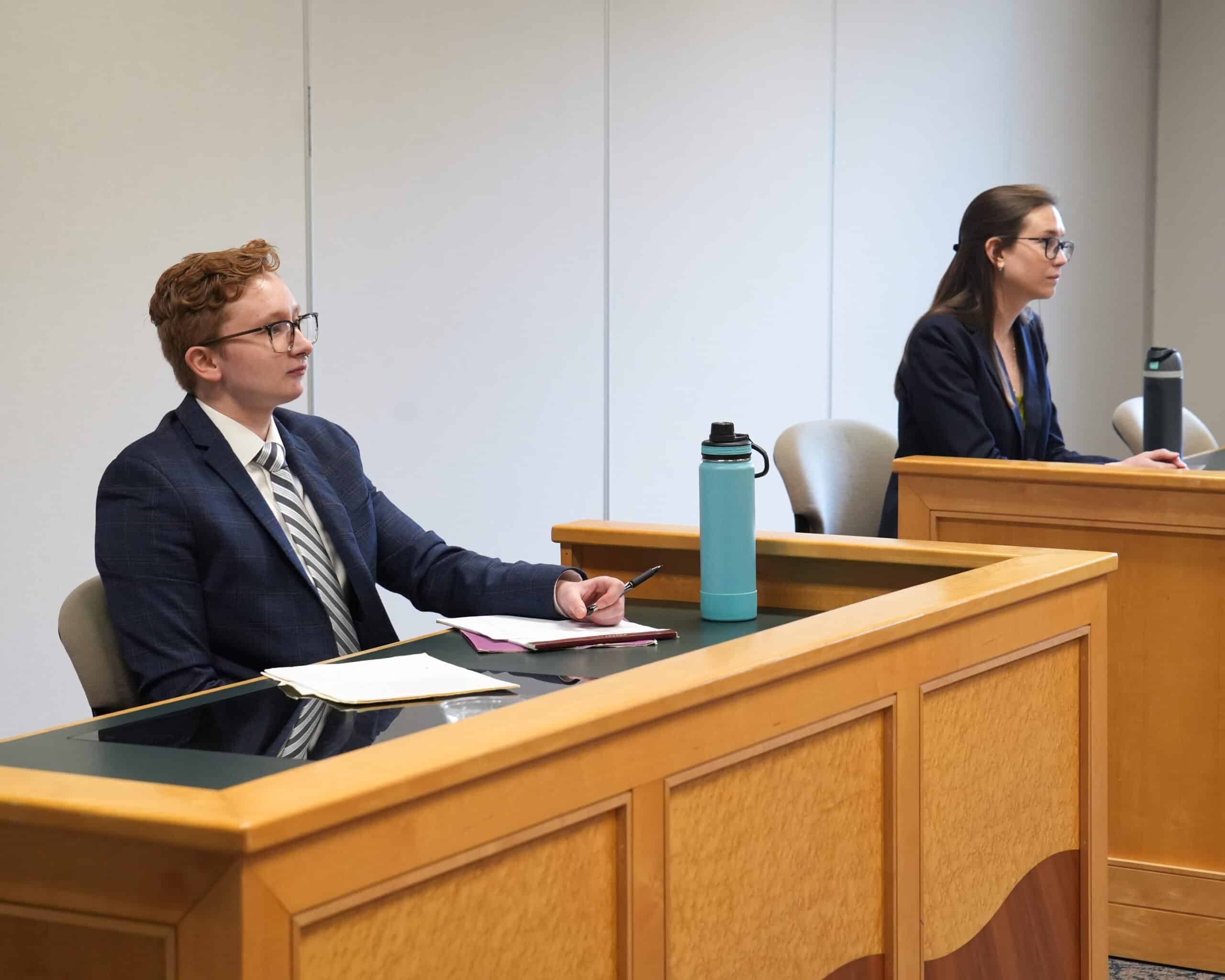
Legal Writing Program
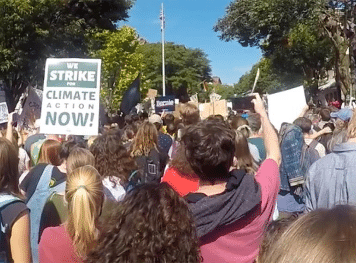
Maverick Lloyd School for the Environment
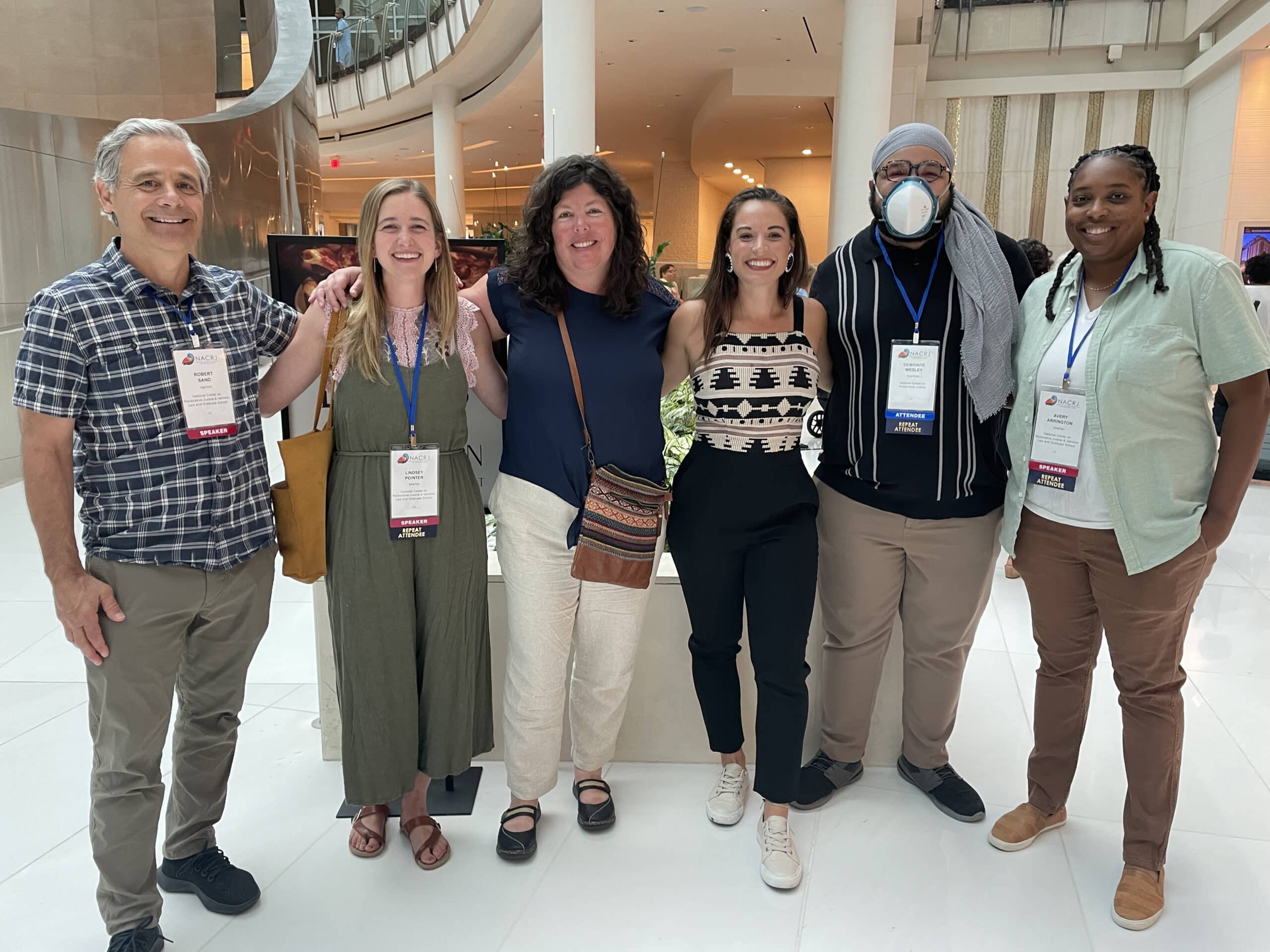
National Center on Restorative Justice

The Tuholske Institute for Environmental Field Studies
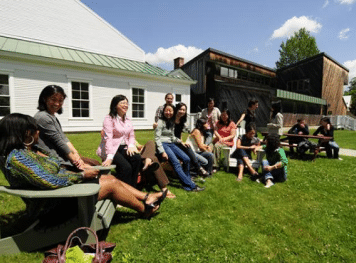
U.S.-Asia Partnerships for Environmental Law
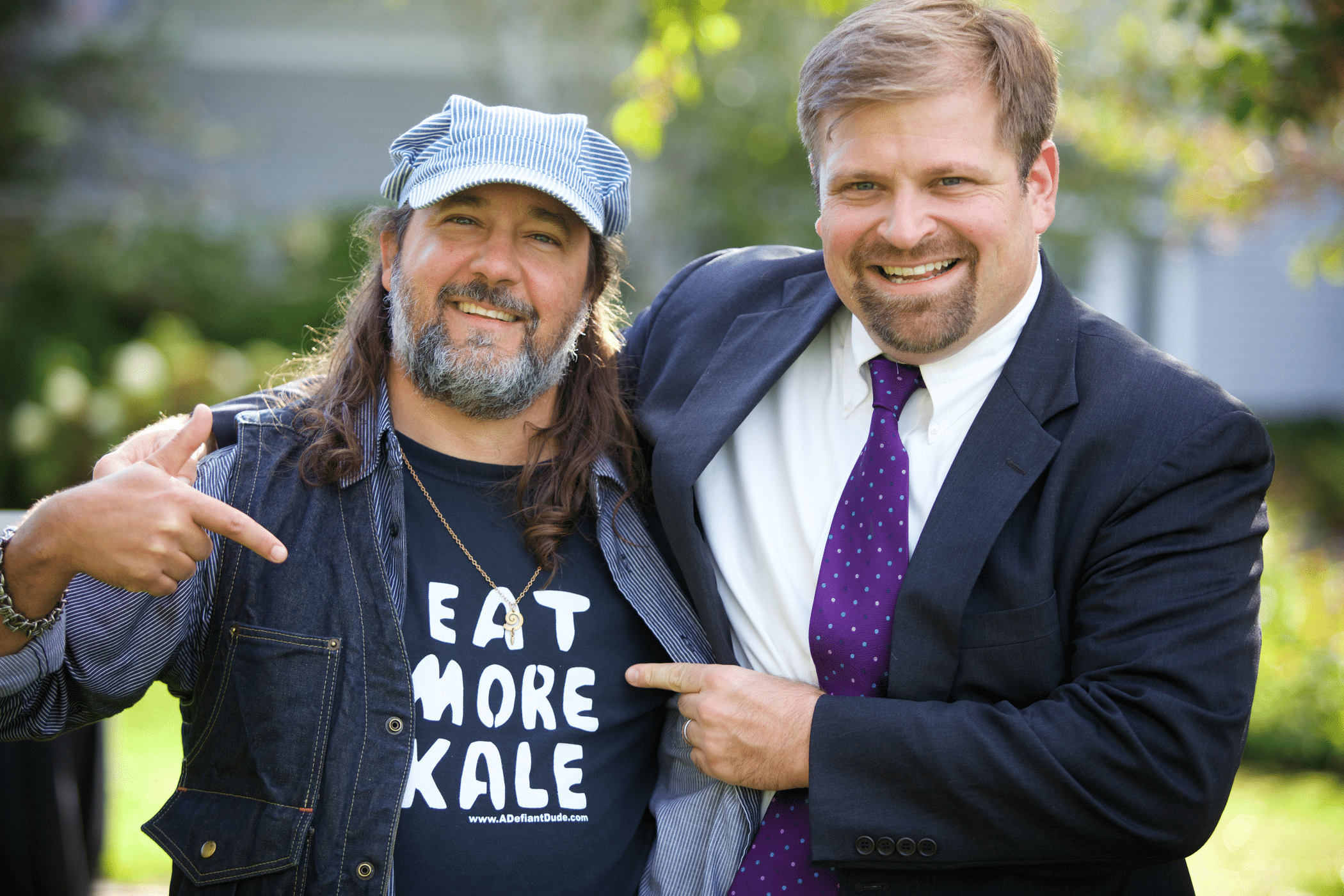
Vermont Small Business Law Center